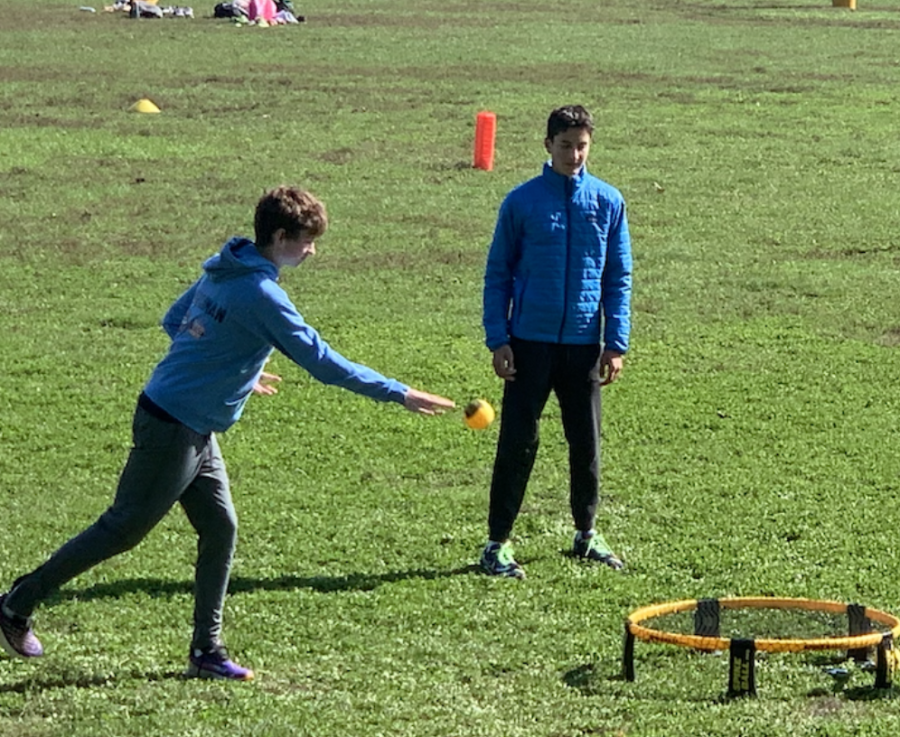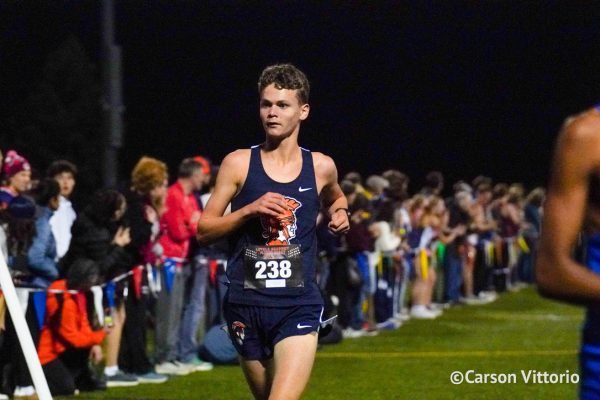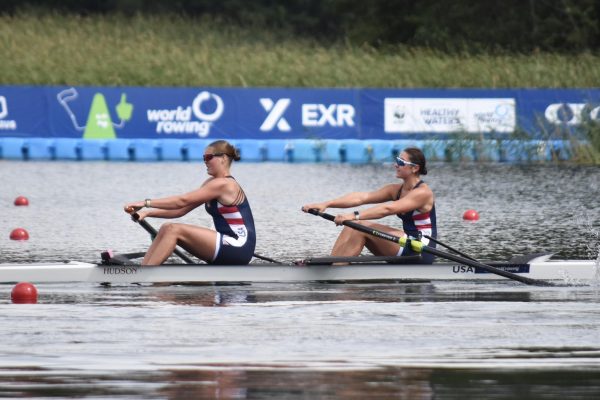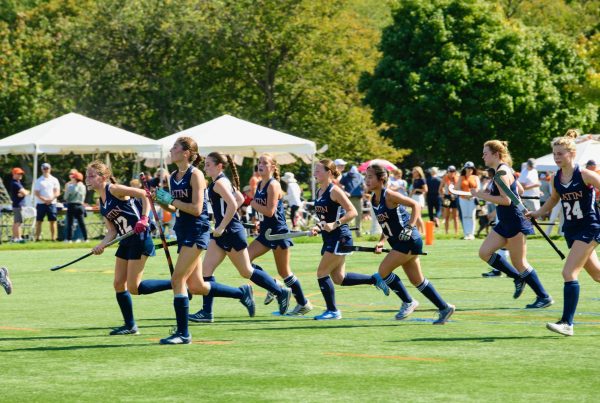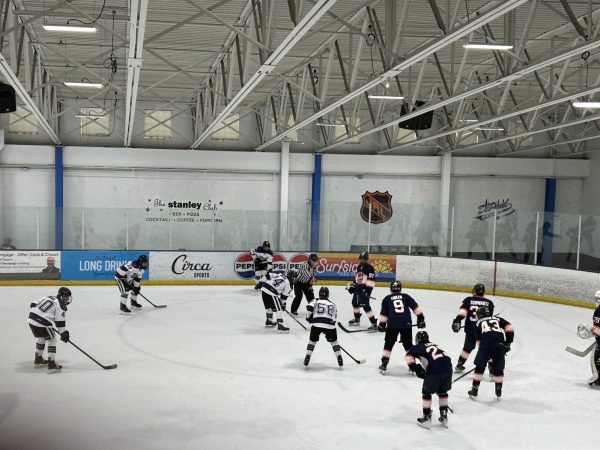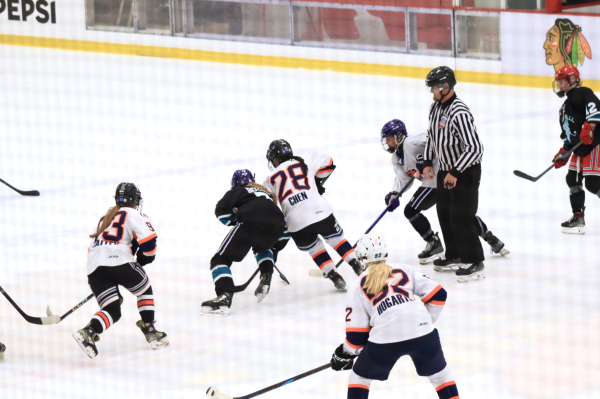Rise of Spikeball: To the Latin Community and Beyond
With a whopping 120 club members participating in Latin’s Spikeball Club this fall, the net sport is certainly gaining positive momentum. Spikeball’s popularity within the Latin community stems from a combination of students’ desire to spend time outside and the unique accessibility of the sport. Additionally, Latin has offered a $50 prize to the spikeball tournament winners, adding to its appeal.
Spikeball, commonly dubbed the intersection between four-square and volleyball, has straightforward rules. According to the official guidelines, the sport is played two versus two on a round net, its goal being to prevent the opposing team from creating contact between the ball and the net. The game starts with a serve, and continues with each team receiving three “touches” before they must spike the ball, or else the other team scores a point. In order to achieve victory, a team must score 21 points and win by 2.
The Spikeball Club at Latin is centered around flexibility. It created a tournament that runs for one to two weeks, allowing individual competitors to decide when they want to play. Once a game is finished, members report their scores to the junior co-heads of Spikeball Club, Akili Parekh, Spencer Stein, and William Bremen. Scores are then posted online and showcased on a bracket in the Learning Commons.
“The tournament is a really fun activity for people to do during the school day to de-stress,” Akili said. The club heads recognize that students are busy; therefore, there are no distinct meeting times.
Junior Hugh McKee shared Akili’s positive view of spikeball at Latin. He said, “It keeps you active in the middle of the day and is a break from staring at the computer.”
Although technique can be useful in competitive spikeball, the Latin club employs a more welcoming approach and does not discriminate on the basis of skill level. William said, “Spikeball skill comes down to athleticism, which is learned over time.” No strong athletic skill is needed for spikeball at Latin, providing individual athletes freedom to choose their competition level. “My favorite part about the Spikeball Club is being able to compete and have fun in a casual manner,” William said.
Some club members play solely for fun, but Akili and William take competition to the next level. In August, they discovered a tournament on the official spikeball app and traveled to Frankfort, Illinois, to compete. Instead of dueling other high schoolers, they chose to sign up for the advanced division and successfully ranked 15th out of 50 teams.
Latin’s Spikeball Club has proved that the sport has a significant future potential in both high school settings and beyond. Kristin Gulinski, Upper School history teacher and faculty sponsor of the Spikeball Club, said, “I see spikeball growing in popularity based on students’ interests here and national interest.”
In order for spikeball to become an official sport, it needs to be recognized by the IHSA—something that William and Akili are hopeful will happen soon. William said, “If the trend of growth continues, spikeball could become a much bigger thing.”














































